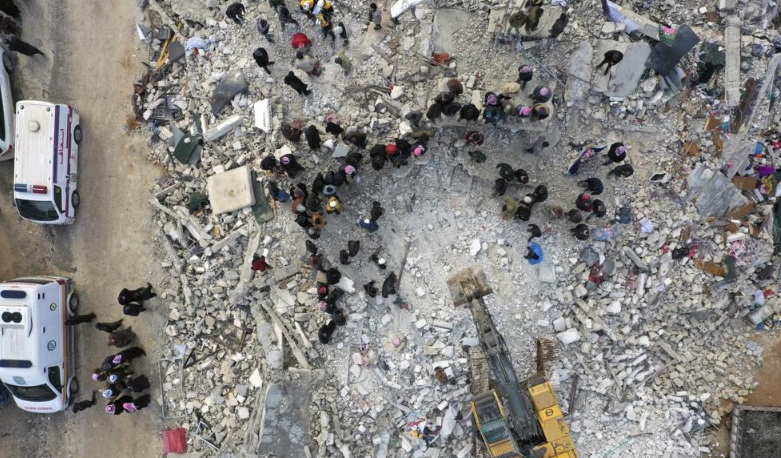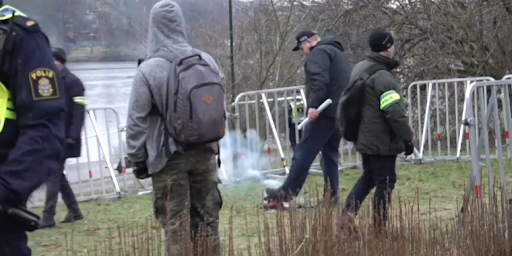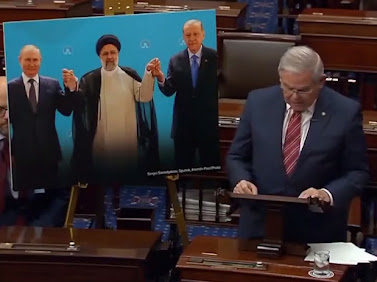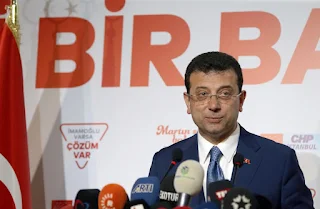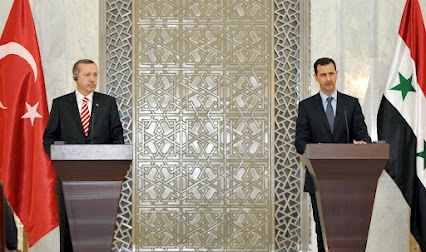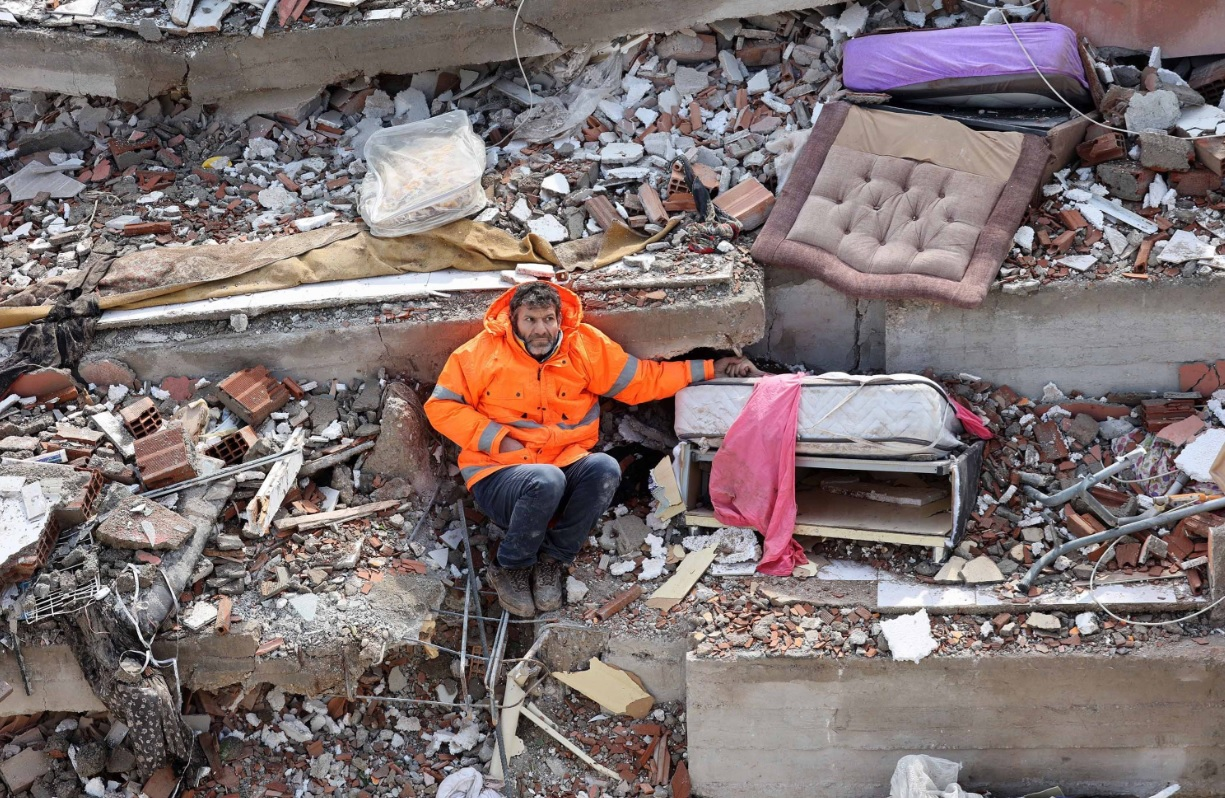
Syria and Turkiye Earthquake: A father holds the hand of his daughter without letting go, among the rubble and destruction
Adem Altan, a photographer of forty years who spent fifteen of them at Agence France-Presse, was working in front of a collapsed building when he saw a man sitting near the rubble in Kahramanmaraş, the epicenter of the earthquake that killed more than 14,000 people in Turkey alone.
According to the agency, "Agence France Presse," that no rescue team had arrived at the site on Tuesday the day after the disaster, and residents were trying to remove the rubble themselves to save their families.
According to the agency, the man in an orange jacket remained motionless in the midst of the commotion, indifferent to the rain and cold.
It was then that Adem Altan noticed that a man 60 meters away from him was holding an outstretched hand from among the rubble. At that time, he began filming the scene: a father holding the hand of his dead child without letting go, amid the rubble and destruction.
Altan took the pictures while the man watched him, who whispered to him in a trembling voice, “Take pictures of my baby.” He left her hand, which he did not want to let go for a moment, to show the photographer the place where his 15-year-old daughter lay, before rushing to grab her again.
“I was so touched at that time,” says Adam Altan.
Then the photographer asked the man his name and the name of his daughter, and the father, Massoud Hanser, replied, "My daughter, Irmak."

At that moment, the photographer immediately thought that the photo summed up the pain of the earthquake victims, but he could not imagine the impact it would have.
Masoud Hanser, the Turkish father who remained holding on to the only visible part of his 15-year-old daughter Ermak's body, after she died as a result of the devastating earthquake in the Kahramanmaraş region.














